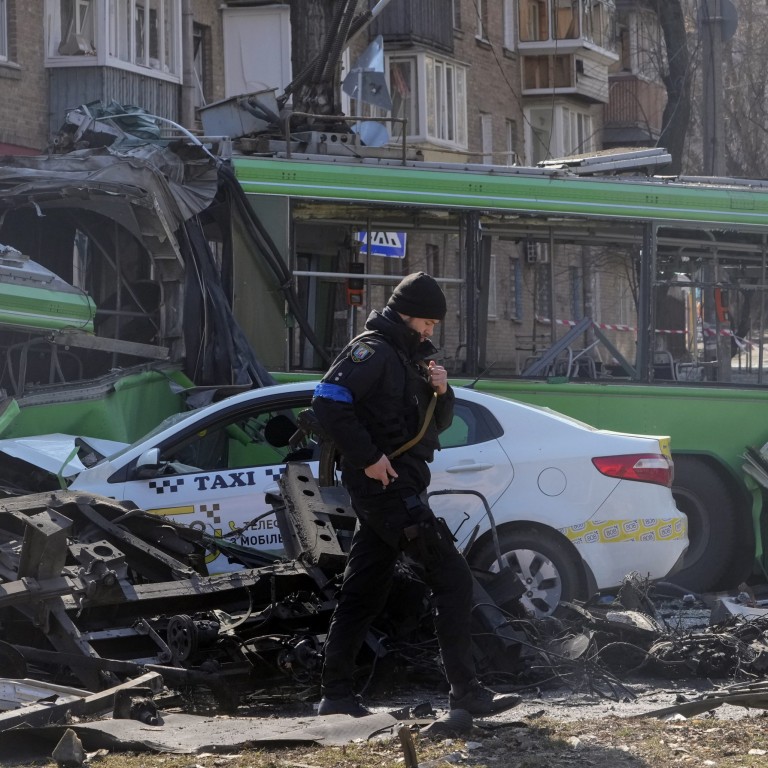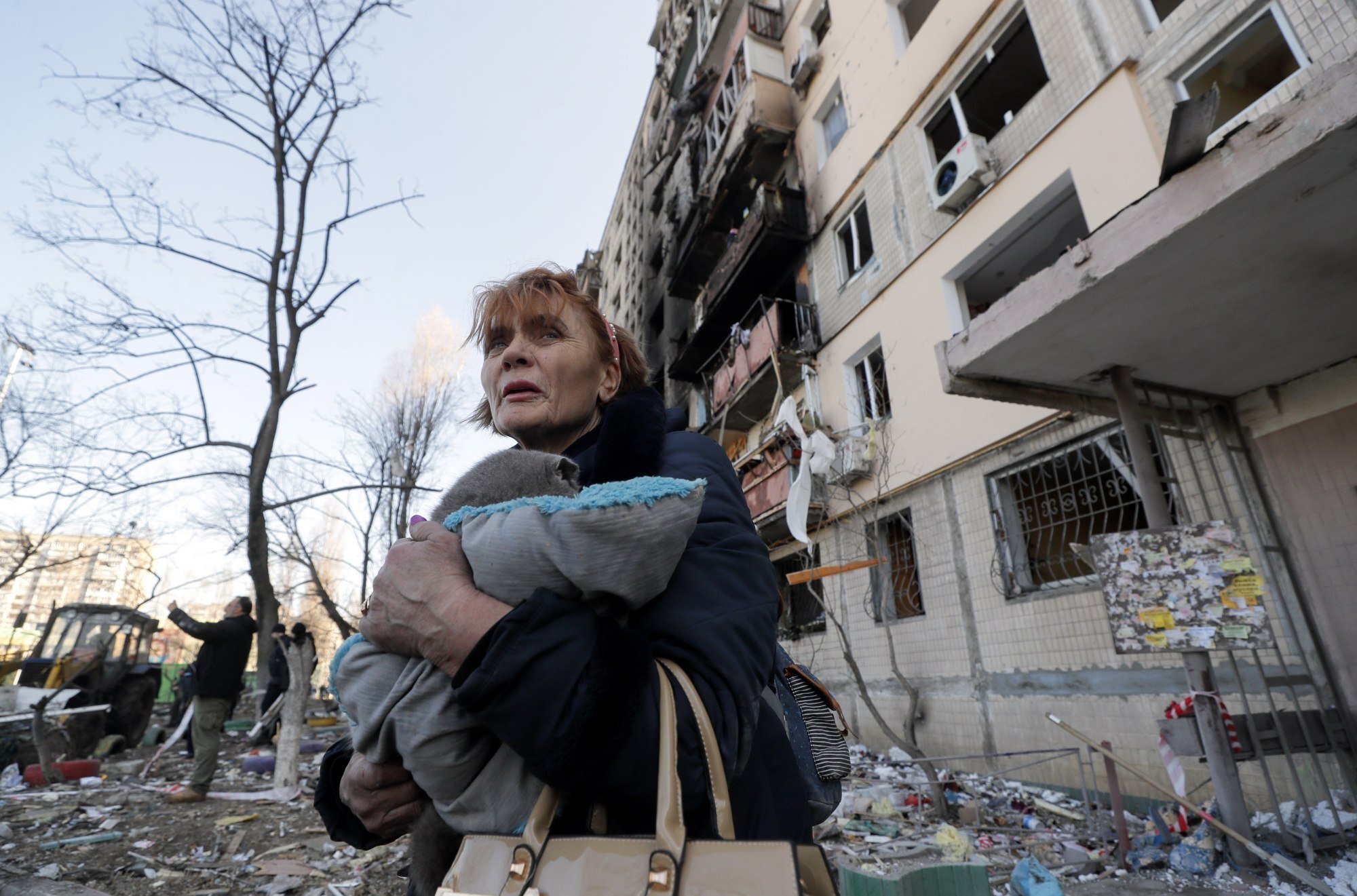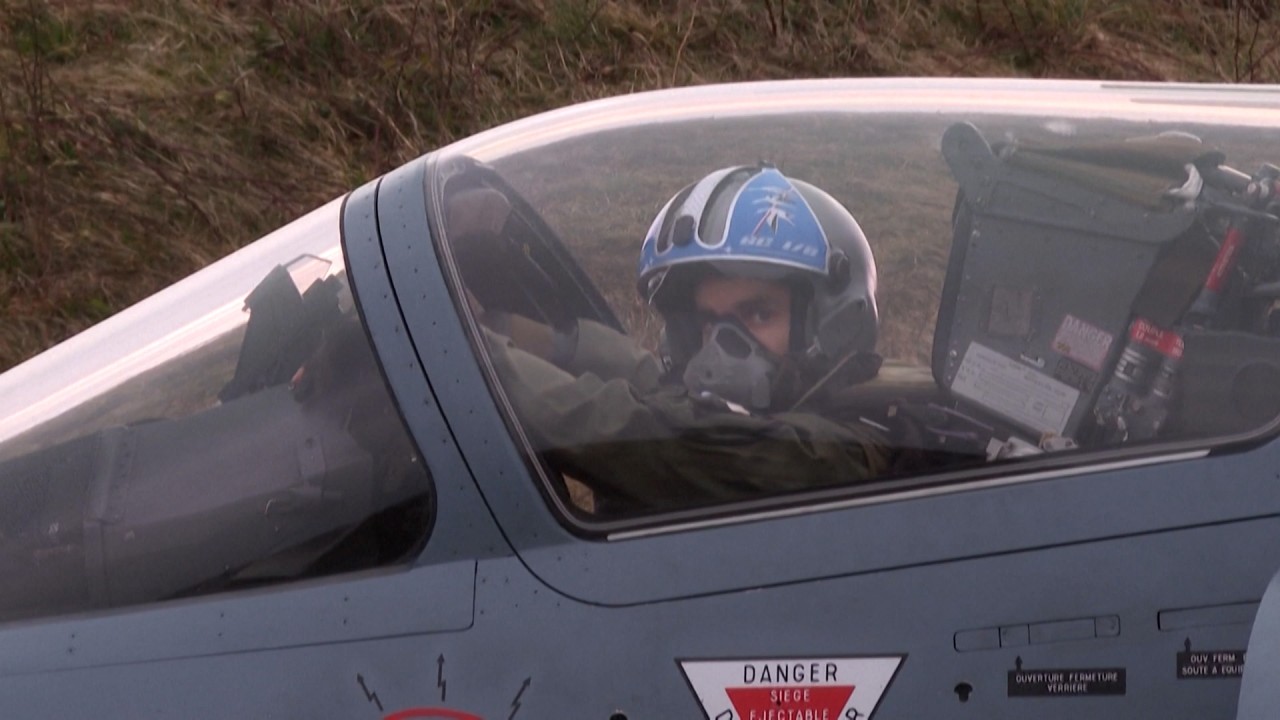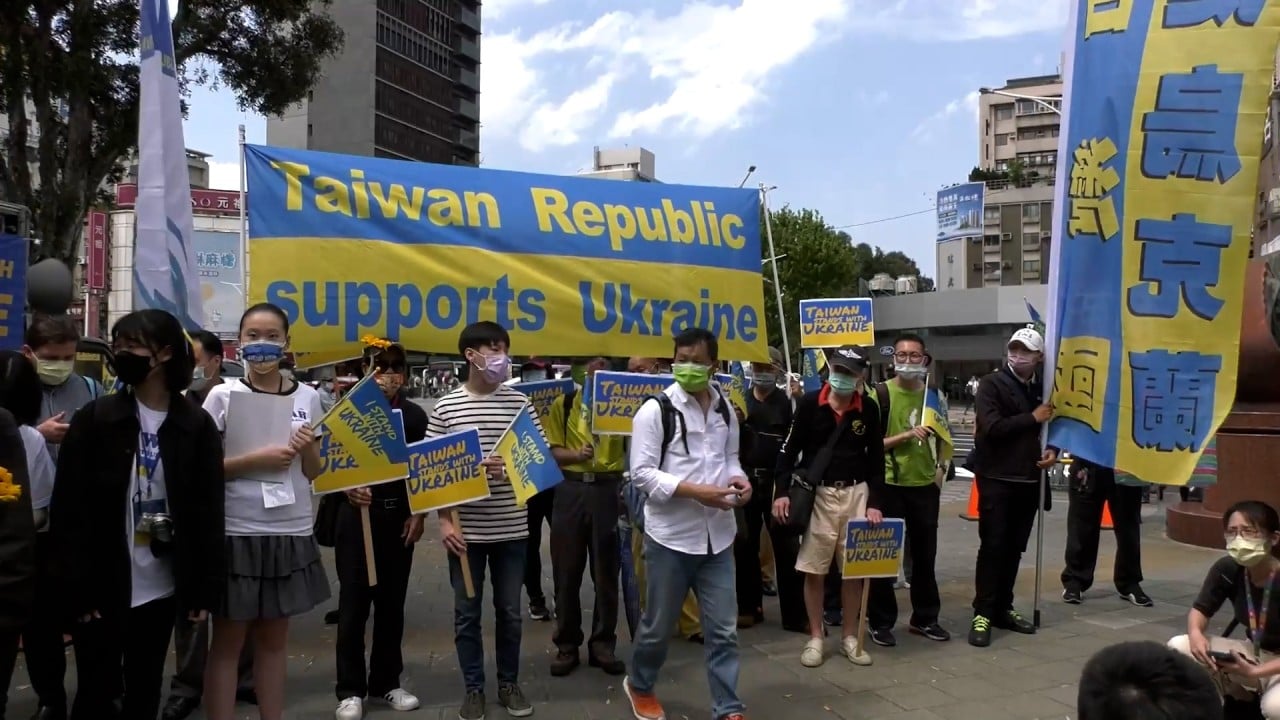
Letters | Mediating in Ukraine crisis can bolster China’s global image
- Readers discuss China’s ability to mediate between Russia and Ukraine, the need for deft diplomacy at a time of high tensions, and Western meddling over Taiwan
China’s policy has put it on the wrong side of history and will isolate it along with Russia. China is not Russia; it is deeply intertwined with the global economic system.
I cannot predict the policies that China’s stance will bring about in the US, European Union and other countries, but I know for certain they will be harsh and hurt China’s interests.
These new policies will make the economic decoupling to date seem minor. Policies towards China will be changed because China has shown it is not a constructive member of the international community.
US-China relations: Ukraine casts long shadow over Yang-Sullivan talks
As civilian deaths mount and the humanitarian crisis expands, this effort should begin immediately. Time is not on China’s side.
If the mediation succeeds, the world will credit China with being the responsible stakeholder we always hoped it would be. It would reignite the discussion of what America’s and the West’s policies towards China should be.
Even if the effort fails, China will earn praise for trying and arrest the downward spiral in its relations with the US and the rest of the world. China is at a crossroads. I hope it chooses the right path.
Stephen A. Orlins, president, National Committee on US-China Relations
West must not overplay hand on sanctions
In some ways, the current global international tensions carry echoes of World War II with their European and Indo-Pacific dimensions.
The lesson here is that the West must carefully calibrate the pressure it places on Russia and China, lest it overplay its hand and make a dire situation even worse.

At present, the US pressure on China does seem rational and proportionate given the circumstances.
But there is an open question whether the strong, US-led economic pressure on Russia at a time when its military offensive is experiencing considerable difficulty is the best way forward to defeat a Russian tyrant of questionable rationality without triggering a central European Pearl Harbour, given the veiled threats from President Vladimir Putin to include chemical and even nuclear weapons against a besieged Ukraine.
Terry Hewton, Adelaide, Australia
Western meddling in cross-strait relations dangerous
The cold war against Russia will persist even after the military confrontation in Ukraine comes to an end. Many countries are being pressured into taking sides, leading to uncertainties that could derail economic recovery and threaten livelihoods.
China and Taiwan have coexisted peacefully for many decades. Asian nations that are allies of Western countries could play an important role and should strive to ease China-Taiwan tensions. Armed conflicts must be avoided at all costs for the sake of peace and stability.
It is in the interest of countries in this region to dissuade Western nations from meddling in cross-strait relations. The calamity in Ukraine is a grim reminder of undesirable consequences caused by hostility and wars.
Let peace prevail in the Indo-Pacific. No wars, please.
Tony Lim Kheng Yee, Singapore



